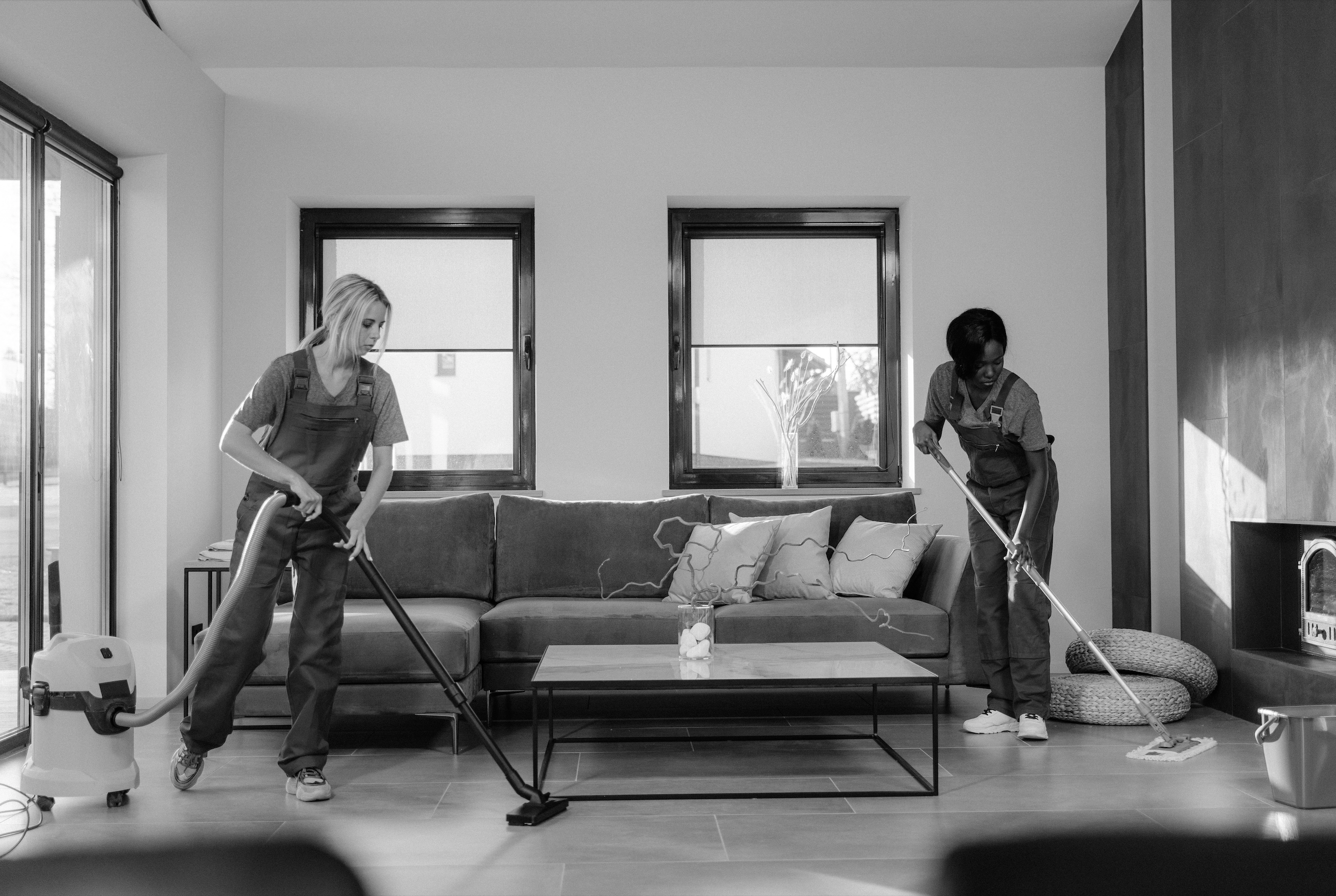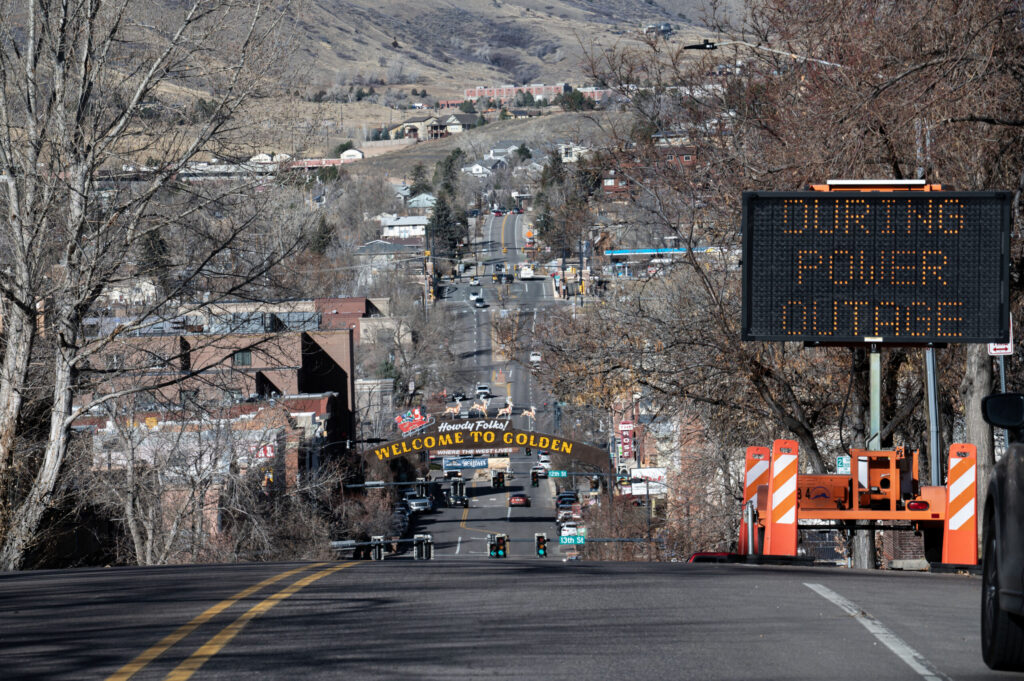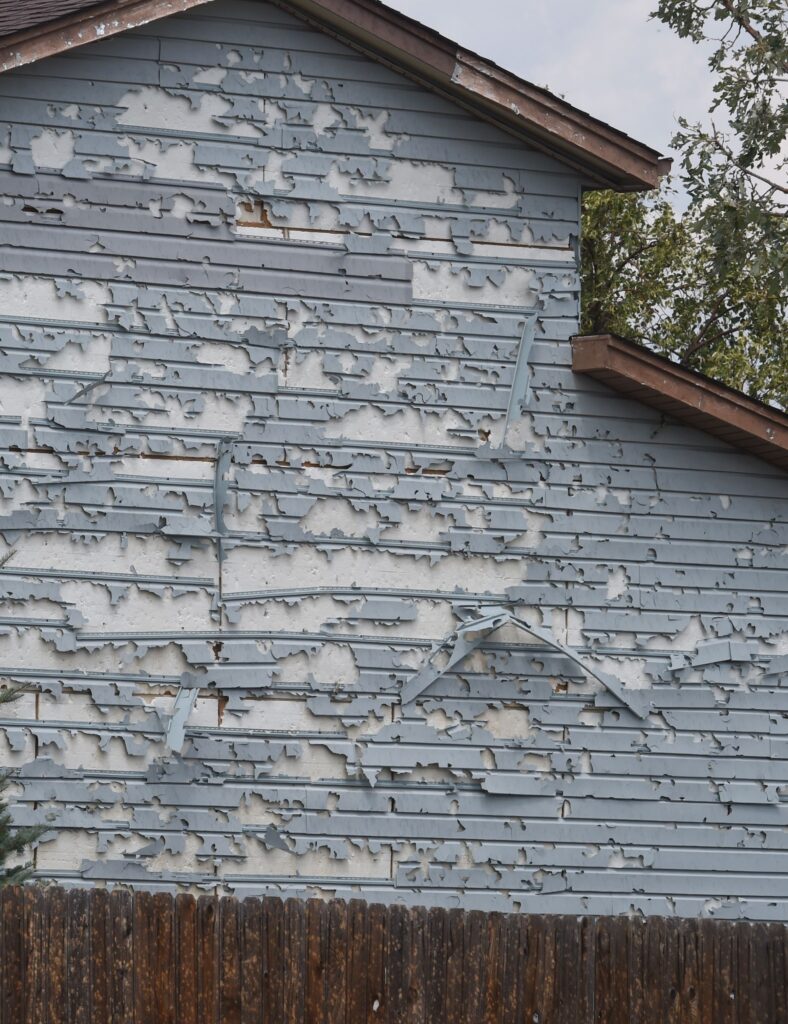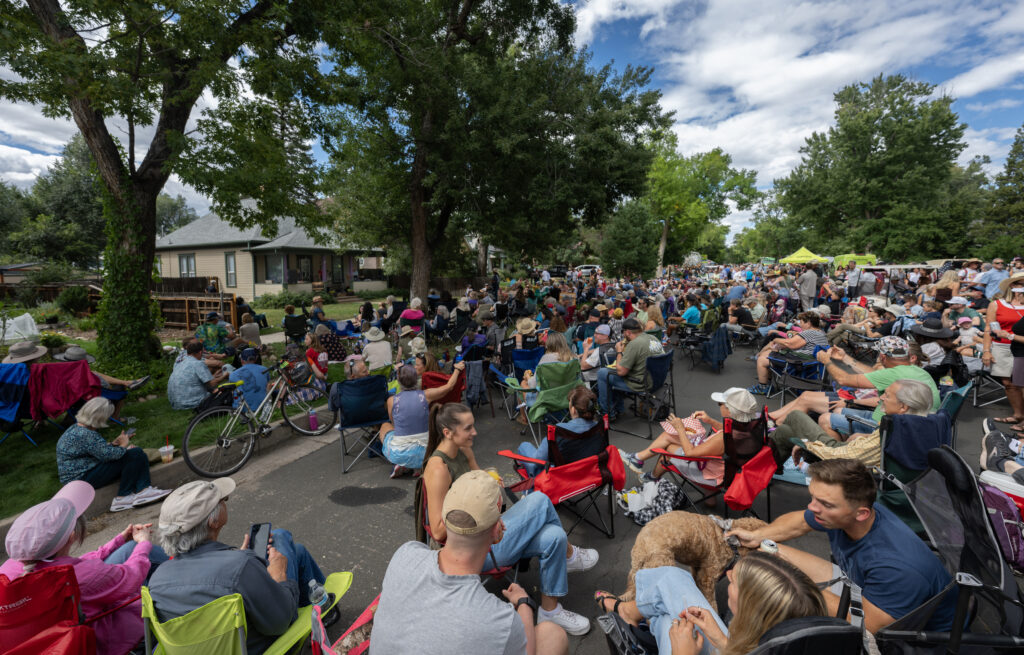Domestic workers added to Colorado’s employment discrimination protections
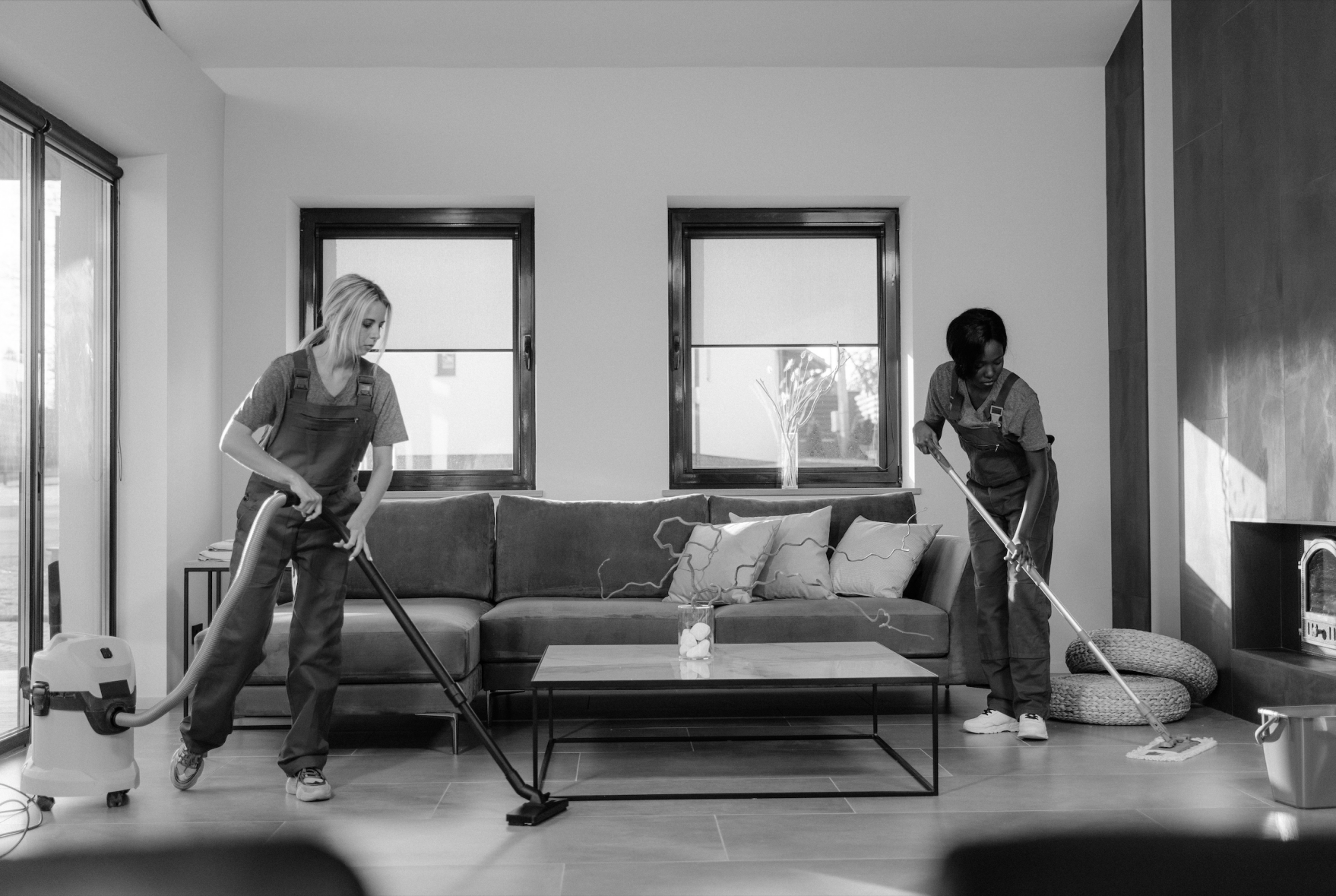
Thousands of domestic workers in Colorado will soon be added to the state’s employment discrimination protections thanks to a new law signed on Wednesday.
Effective in August, House Bill 1367 expands the Colorado Anti-Discrimination Act to cover employees who work for private households, such as cleaners, gardeners, nannies or elderly care takers. The bill also extends the time to file a claim with the Civil Rights Commission from 180 to 300 days and increases damages that can be recovered in age discrimination cases.
This makes it illegal for employers to discriminate against an employee for disability, race, sex, sexual orientation, religion, age and nationality. The state estimates the bill will result in around 200 additional discrimination complaints filed each year.
“Having some basic protections for domestic workers is incredibly important,” said Sen. Faith Winter, D-Westminster, who is sponsoring the bill. “Workers are often in power dynamics where they are more easily harassed, more easily discriminated against and treated badly. That power dynamic is even more when you are walking into someone’s home.”
Lawmakers passed the bill entirely party lines, with all Democrats in support and all Republicans in opposition. Republicans described hiring domestic workers as a private decision the state should have no hand in, arguing that employers should be allowed to take factors like sex, religion and nationality into account when hiring workers.
The bill drafters said sex, age and religion in some cases are bona fide occupational qualifications already protected by state statue and existing case law. They also amended the bill to specify it would not be discrimination to consider sex when hiring an employee for childcare-related work.
Though the bill could open some home employers to potential lawsuits, Winter said it is the workers who need protection. Historically, the decision not to include domestic workers in employment protections was intended to exclude industries where recently emancipated enslaved people worked in at the beginning of the Jim Crow Era, according to the Colorado Women’s Bar Association.
In 2020, 2.2 million people worked as domestic workers in the U.S. – 91.5% of whom were women and 52.4% of whom were people of color, according to a report by the Economic Policy Institute. Domestic workers are also disproportionately older, foreign-born and living in poverty.
